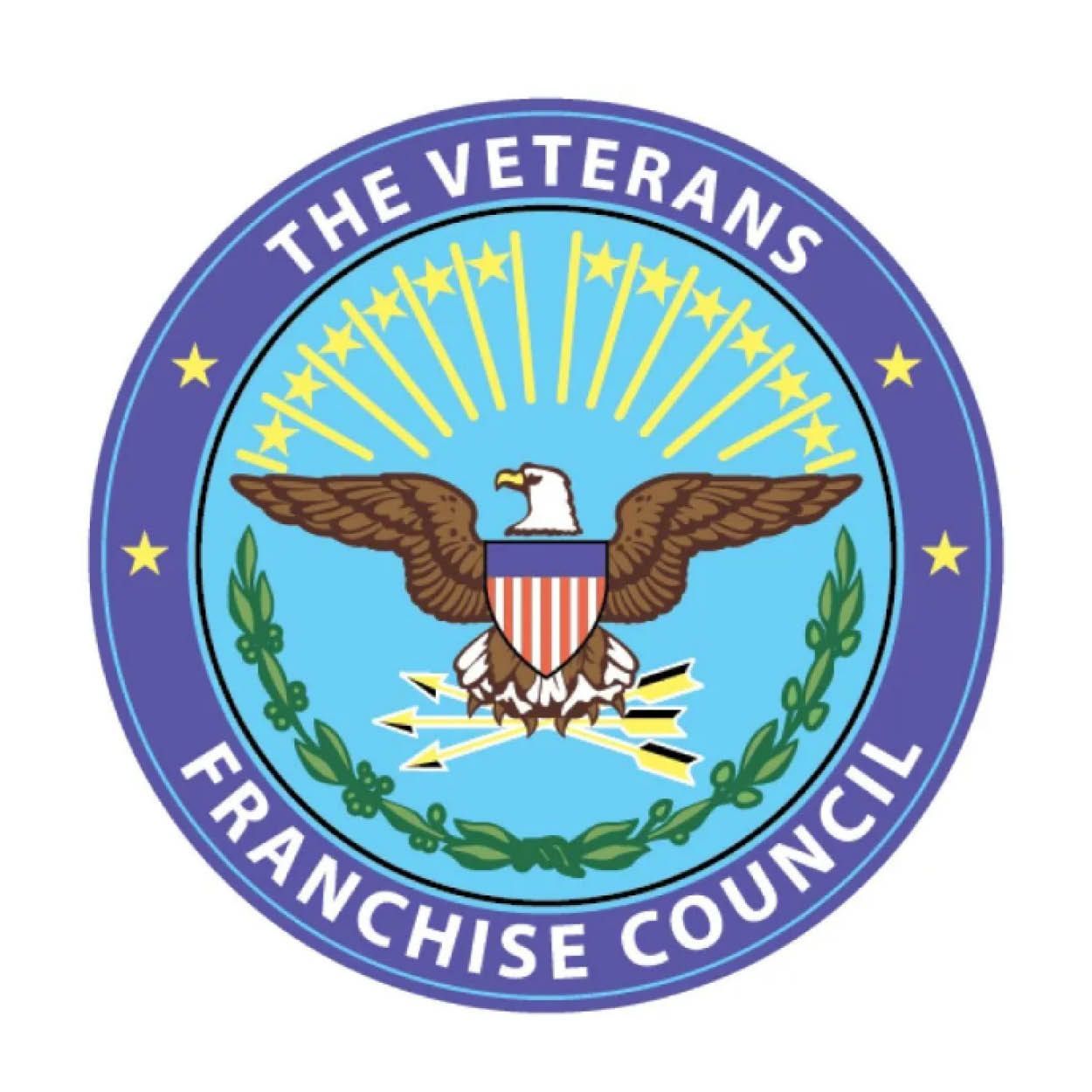Building Bridges: The Importance of Communication and Collaboration Skills for Children
Communication and collaboration skills are fundamental to a child's personal, social, and academic development. In an interconnected and rapidly evolving world, the ability to effectively communicate ideas, listen actively, and collaborate with others is more critical than ever. In this article, we will explore the significance of communication and collaboration skills for children, highlighting their impact on personal relationships, academic success, and preparing children for a globally interconnected society.
Enhancing Personal Relationships
Communication skills play a pivotal role in fostering healthy personal relationships. Children who develop strong communication skills can express their thoughts, feelings, and needs effectively. They learn to listen attentively, show empathy, and understand different perspectives. Effective communication helps children build meaningful connections, resolve conflicts peacefully, and develop strong interpersonal skills. By honing these skills, children establish positive relationships with their peers, family members, and other individuals in their lives, laying the foundation for healthy and fulfilling social interactions.
Facilitating Academic Success
Effective communication and collaboration skills are essential for academic success. In the classroom, children need to articulate their ideas, ask questions, and engage in discussions. Strong communication skills enable children to express their thoughts clearly, participate actively in group work, and seek help when needed. Collaborative learning environments, where children work together on projects and assignments, require effective communication and collaboration. Through teamwork and communication, children learn to combine their strengths, negotiate ideas, and produce high-quality work. These skills enhance their academic performance, deepen their understanding of subject matter, and prepare them for lifelong learning.
Promoting Empathy and Understanding
Communication skills foster empathy and understanding in children. Effective communication encourages active listening, the ability to understand others' perspectives, and the capacity to express empathy. Children who can communicate effectively are more likely to develop strong interpersonal relationships, respect diversity, and appreciate different cultures and backgrounds. They learn to embrace empathy and respond sensitively to the needs and emotions of others. Effective communication promotes tolerance, inclusivity, and a sense of belonging, creating a harmonious and respectful environment for children to thrive in.
Building Collaboration and Teamwork
Collaboration is an integral part of the modern world, and children need strong collaboration skills to succeed. Through collaboration, children learn to work together towards a common goal, value the contributions of others, and share responsibilities. Collaboration cultivates teamwork, cooperation, and the ability to negotiate and compromise. Children who excel in collaboration understand the importance of leveraging diverse perspectives and skills to solve complex problems. These skills prepare children to thrive in a globalized society where cross-cultural collaboration and teamwork are increasingly valuable.
Preparing for a Globalized World
In today's interconnected world, communication and collaboration skills are crucial for navigating global networks and diverse cultures. Effective communication enables children to connect with individuals from different backgrounds, cultures, and languages. It fosters intercultural understanding, promotes empathy, and develops cultural competence. Collaboration across borders and cultures is now the norm in various fields, and children who possess strong communication and collaboration skills are better equipped to engage with international perspectives, work in diverse teams, and contribute to a globalized workforce.
Communication and collaboration skills are vital for children's personal, academic, and social growth. By nurturing these skills, we empower children to form meaningful relationships, excel academically, promote empathy and understanding, embrace collaboration, and thrive in a globalized society. As parents, educators, and society, it is our responsibility to provide children with ample opportunities to develop and practice effective communication and collaboration skills. By doing so, we lay the foundation for their success, well-being, and future contributions to a harmonious and interconnected world.
About the Author
Seema Govil has extensive business and media experience, as a consultant for Franchise Consulting Company, co-President of the India Franchise Council, and Founder & CEO of Cosmo City Media. She is a journalist with TV Asia and hosts a podcast - Fablife360. Contact Seema at Seema@thefranchiseconsultingcompany.com.








SIGN UP FOR THE FRANCHISE JOURNAL NEWSLETTER
FJ Subscribe
Thank you for subscribing to The Franchise Journal.
Please try again later.



